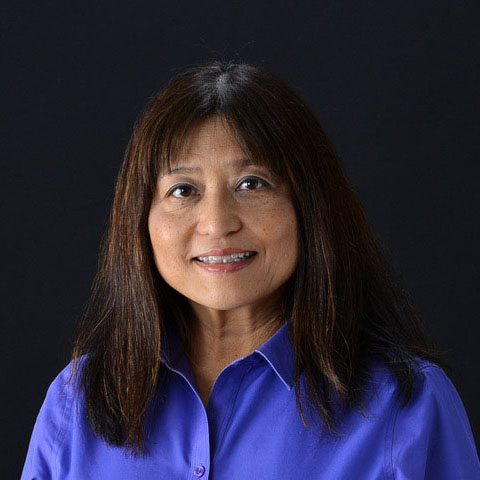New Challenges for the TARA in the International Community

Center Director
Hiromi Yanagisawa
New Challenges for the TARA in the International Community
In May 1994, the Center for Tsukuba Advanced Research Alliance (TARA) was firstly established on the initiative of then-President Dr. Leona Esaki (Nobel Prize laureate). Subsequently, it was reorganized into the Life Science Center of TARA in October 2010. Furthermore, in April 2018, based on the elucidation of genetic information and signaling functions of cells and organisms, we aim to deepen our research on dynamic responses to environmental changes as “survival strategies of living organisms” and to open up new avenues in the field of life science, the Research Center was reborn as the “Life Science Center for Survival Dynamics, Tsukuba Advanced Research Alliance (TARA).
Health, food, and medicine, which form the basis of human life, are closely related to issues such as global warming, biodiversity, declining birthrates, aging populations, and reproductive medicine, and it becomes a global concern that has spread to international society at large. The key to solving those problems lies in the genetic information of living organisms, including us humans. It uses DNA, RNA, proteins and small molecules to exquisitely respond to changes in the environment, but there is an unknown code written into the genetic information that allows the organism to adapt the environmental alteration. Therefore, this Research Center aims to uncover and understand the codes of potential survival strategies of living organisms by deciphering the unknowns of biological responses to the environments.
In the research center of the areas of metabolism, reproduction, circulation, physiology, structure, immunity, etc., we analyze the three-dimensional structures of receptors, nuclear factors, and information molecules, as well as the interactions between factors and their regulatory mechanisms, with the aim of further developing functional analysis of proteins and regulatory factors (macromolecules and small molecules) that control various biological phenomena. Thus, understanding the survival strategies of living organisms is consistent with Japan’s policy of extending healthy life expectancy by developing basic science research and promoting the development of medical technology by using the results of such research achievements. Furthermore, through the exploration of basic science research, we hope to contribute to the creation of a regenerative society through harmony between humankind and the environment.
Just as human history has two phases, BC (Before Christ) and AD (Anno Domini), the life sciences also have a turning point, with the chromosome being understood before (Before Chromosome [BC]) and after the double helix structure of DNA was solved (After DNA [AD]), and new research based on genetic information has developed. After 2019, when the new coronavirus emerged, the life science paradigm is about to undergo a major shift from “Before Corona (BC)” to “After Disease (AD)”.
In this emerging imapcts of biological information, although international competition is intensifying, it is also a good chance for researchers around the world to develop collaborative research. While strengthening mutual collaboration and co-creation among the diverse fields of medicine, biology, agriculture, pharmacy, health sciences, and computer science, we will promote “academic research with intrinsic motivation” in which young researchers and undergraduate/graduate students can immerse themselves. We will also engage in “problem-solving academic research” to meet the needs of the new era and take on the new challenge of decoding biological information while developing international joint research.
Director of TARA Center, Hiromi Yanagisawa, M.D., Ph.D.
